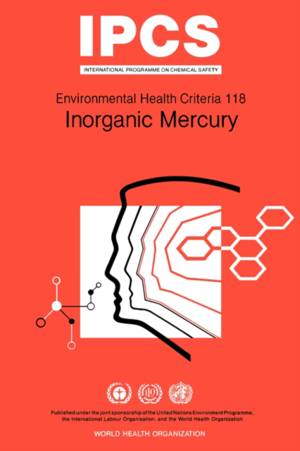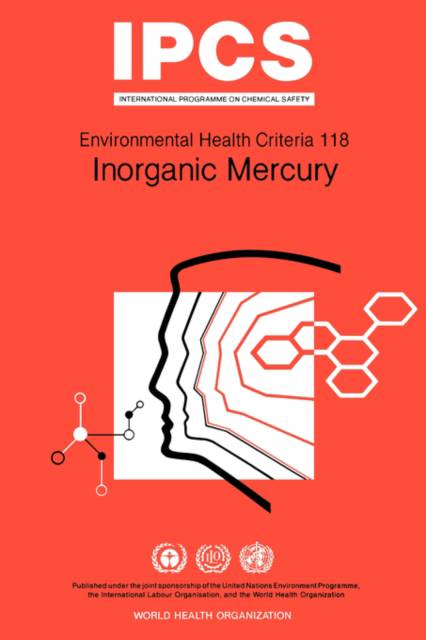
- Afhalen na 1 uur in een winkel met voorraad
- Gratis thuislevering in België vanaf € 30
- Ruim aanbod met 7 miljoen producten
- Afhalen na 1 uur in een winkel met voorraad
- Gratis thuislevering in België vanaf € 30
- Ruim aanbod met 7 miljoen producten
Zoeken
Omschrijving
Assesses the risk to human health posed by the use of inorganic mercury in dental amalgam and in soaps and creams used to lighten the skin. Although such skin-lightening products are now banned throughout the European Economic Community, in North America, and in many African states, the report reveals that mercury-containing soap continues to be manufactured in several European countries, is sold as germicidal soap to the Third World, and is illegally re-imported from Africa to European cities having a substantial black population. Dental amalgam and food, most notably seafood, are identified as the main sources of human exposure. Although exposure of the general population is judged to be low, toxic levels may arise from the mishandling of liquid mercury, mercury dispensed from jars, broken thermometers, fluorescent lamps, and accidental ingestion of mercury batteries. The use of skin-lightening soap and creams results in substantial exposure.
Specificaties
Betrokkenen
- Auteur(s):
- Uitgeverij:
Inhoud
- Aantal bladzijden:
- 172
- Taal:
- Engels
- Reeks:
- Reeksnummer:
- nr. 118
Eigenschappen
- Productcode (EAN):
- 9789241571180
- Verschijningsdatum:
- 1/01/1991
- Uitvoering:
- Paperback
- Formaat:
- Trade paperback (VS)
- Afmetingen:
- 152 mm x 229 mm
- Gewicht:
- 258 g

Alleen bij Standaard Boekhandel
+ 87 punten op je klantenkaart van Standaard Boekhandel
Beoordelingen
We publiceren alleen reviews die voldoen aan de voorwaarden voor reviews. Bekijk onze voorwaarden voor reviews.











